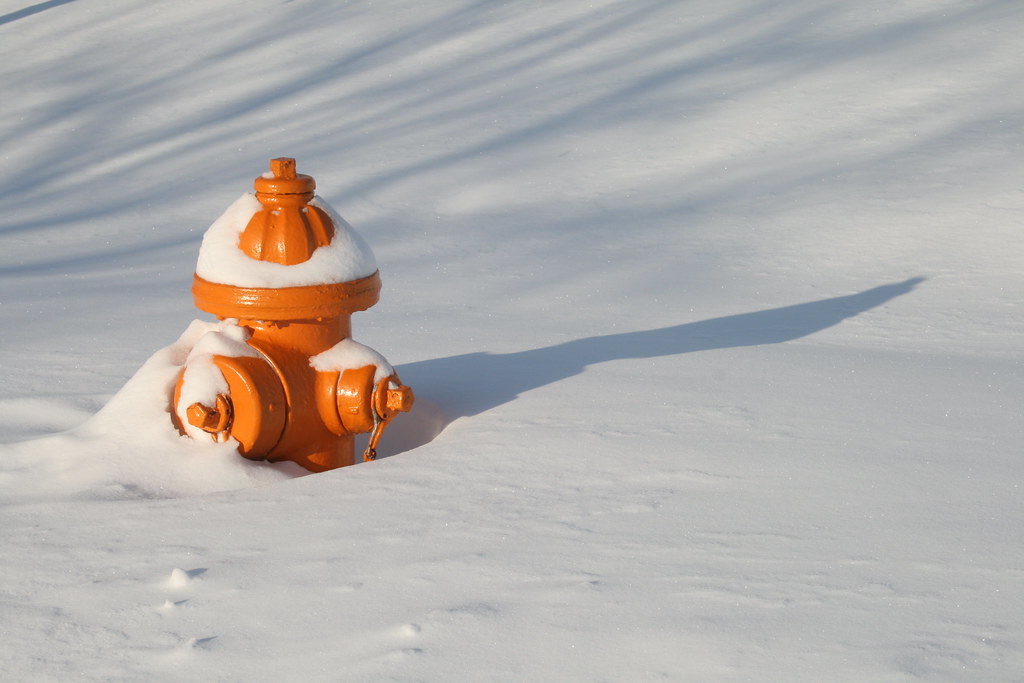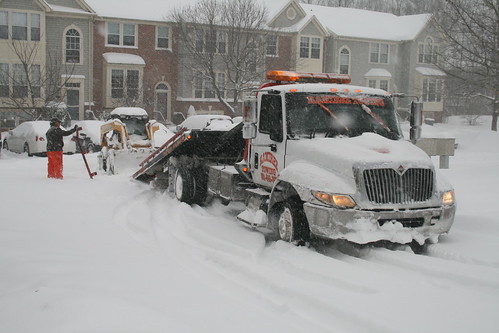Books Bought
Juliet, Naked by Nick Hornby
Mauve Gloves & Madmen, Clutter & Vine by Tom Wolfe
Bonk by Mary Roach
Look At The Birdie by Kurt Vonnegut
The Battle For America 2008 by Dan Balz and Haynes Johnson
Googled by Ken Auletta
The Doll's House by Neil Gaiman
Dream Country by Neil Gaiman
Books Read
The Lost Symbol by Dan Brown
Home Game: An Accidental Guide to Fatherhood by Michael Lewis
The Restaurant At The End Of The Universe by Douglas Adams
Juliet, Naked by Nick Hornby
Comments
 Anybody reading my rather neglected Twitter feed knows that I was doing a countdown from when Dan Brown's latest metaphysical potboiler hit the streets and when I would get it from the library. I had put in my request a good several weeks before the book came out, so I was much higher than somebody that waited to for the September 15 release date. I started at 291 and was down to 182 in less than a week. The library had clearly ordered lots and lots of copies. Less than a month later, I had a copy of The Last Symbol in my hands.
Anybody reading my rather neglected Twitter feed knows that I was doing a countdown from when Dan Brown's latest metaphysical potboiler hit the streets and when I would get it from the library. I had put in my request a good several weeks before the book came out, so I was much higher than somebody that waited to for the September 15 release date. I started at 291 and was down to 182 in less than a week. The library had clearly ordered lots and lots of copies. Less than a month later, I had a copy of The Last Symbol in my hands.Dan Brown is a truly awful writer. His prose is purple, his plots are preposterous and his opinions are perplexing. I've milked his breathless travelogues for several blog posts over the years, notably for trips to Paris and Rome. Since this book was set in Washington, it was practically a hometown no brainer. And despite his claims at infallibility, his details are often wrong. I've been down the hallway between Capitol and the Library of Congress and it doesn't connect quite the way he claims it does. And while in previous books he took as locales major landmarks such as the Louvre and the Vatican, here he sticks to decidedly more minor monuments. Besides the Capitol, most of the action takes place in places not hitherto on the tourist bus routes. Even the Masonic Temple in Arlington is used as a red herring rather than an actual locale. At the end of the book he does manage to give a whirlwind denouement for several places he had clearly done research for but couldn't shoe-horn into the plot.
And the plot is sloppy wet kiss to the Masonic orders. Not since The Man Who Would Be King has this group of drunken civic leaders been given so much good press. Maureen Dowd who wrote the review for the New York Times (presumably real reviewers wouldn't sully their reputation with it) claims that the Masons got to him. He definitely pulls some punches and dismisses the more lurid conspiracy theories as bunk while still giving them all the world-running power people would like to believe they have.
Whether the book is any good or not is irrelevant. For a guy who has spun the thinnest of theories into best selling dross, the lost symbol really wasn't worth finding.
 A much better writer is Michael Lewis who has written such great books as Liars Poker and The Blind Side. While picking up The Lost Symbol I saw his latest book Home Game. A collection of lightly related essays about fatherhood, this is ostensibly about his 'failures' as a father, but it's really self-deprecating bragging about what a loving dad and husband he really is. It's a shtick that others are doing, usually with better cause and more shocking incidents, most notably Sandra Tsing Loh. For a mcuh richer riff on this theme, try the Underparenting column by Tom Scocca in his in the Awl.
A much better writer is Michael Lewis who has written such great books as Liars Poker and The Blind Side. While picking up The Lost Symbol I saw his latest book Home Game. A collection of lightly related essays about fatherhood, this is ostensibly about his 'failures' as a father, but it's really self-deprecating bragging about what a loving dad and husband he really is. It's a shtick that others are doing, usually with better cause and more shocking incidents, most notably Sandra Tsing Loh. For a mcuh richer riff on this theme, try the Underparenting column by Tom Scocca in his in the Awl.Since the book started life as a series of online journal entries, their rather scattershot chronology just doesn't tie together very coherently. It jumps around to the birth of each of his kids, but it doesn't connect the different eras very well. And it reeks of upper-middle class privilege in a off-putting way. It's annoying to read about famous glamorous people trying to play-up how hard it is to raise a kid in Paris or how daycare works for a self-employed writer.
Writers have a need, indeed an obligation, to stretch all their writing as far as it can be marketed, but this book was better kept as a series of DaddyBlog entries.
 It seriously discredits my geek cred to admit that I do not have every line of all five books of the Hitchhikers Guide To The Galaxy trilogy memorized. When in college, if I had time to kill between classes I would sometimes just randomly read passages in the bookstore without actually buying the book. To atone for this neglect on my part, I have been doing my best to catch up and with the completion of The Restaurant At The End Of The Universe I am now 40% finished since I will probably boycott the non-Adams continuations of the series on general principle.
It seriously discredits my geek cred to admit that I do not have every line of all five books of the Hitchhikers Guide To The Galaxy trilogy memorized. When in college, if I had time to kill between classes I would sometimes just randomly read passages in the bookstore without actually buying the book. To atone for this neglect on my part, I have been doing my best to catch up and with the completion of The Restaurant At The End Of The Universe I am now 40% finished since I will probably boycott the non-Adams continuations of the series on general principle.Starting up right at the end of the first Hitchhikers Guide, the book scatters the characters around the universe both spatially and chronologically. The best set piece in the book is the titular restaurant which is one of the greatest science fiction ideas in recent memory. Unfortunately their time there is limited. The end of the book is not so much a cliff-hanger as a cliff-seer which does show promise for the next volume. But the social satire and inspired silliness which is the hallmark of the series seems to be in rather short supply. Or perhaps I am just too jaded as the tropes of the series have penetrated pop culture. Like Hamlet, the book is just too full of cliches.
 My current favorite 'literary' fiction writer is Nick Hornby. In fact, I'm a bit of a High Fidelity groupie. Not only have I read the book several times and seen the movie, I attended one of the only 32 Broadway performances of the musical adaptation (the record store is moved to Brooklyn for this version) and even have the soundtrack album.
My current favorite 'literary' fiction writer is Nick Hornby. In fact, I'm a bit of a High Fidelity groupie. Not only have I read the book several times and seen the movie, I attended one of the only 32 Broadway performances of the musical adaptation (the record store is moved to Brooklyn for this version) and even have the soundtrack album.Juliet, Naked is a return to a narrative that lets him parenthetically address the music world. The Juliet of the title is the name of an album by Tucker Crowe, a promising singer-songwriter that at the peak of his success walks away into Pynchonesque isolation. Crowe fades into obscurity except among a small but devoted and slightly demented group of internet fans. The girlfriend of the biggest fan stumbles into an e-mail relationship with the singer. What ensues is not quite hilarity, but a very thought provoking exegesis on fame and fandom and family.
The characters in a Hornby novel are always deeply flawed and hyper-real. The plots avoid the easy set-ups and unroll at their own pace. The "Naked" in Juliet, Naked refers to a studio demo copy of Crowe's signature album. It also is about how all three of the major characters get emotionally stripped bare and have to face their actions and decisions of the past twenty years or so. While not as rockingly energetic as High Fidelity, it is easily Hornby's most complex and thought provoking work.
NaJuReMoNo: January is National Just Read More Novels Month, so get going. I will have the official post up soon, but you are always allowed to start reading once the new year begins.
































